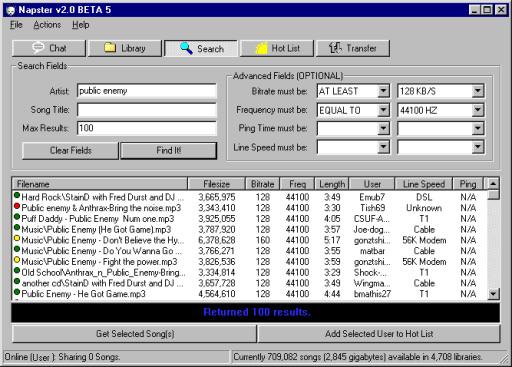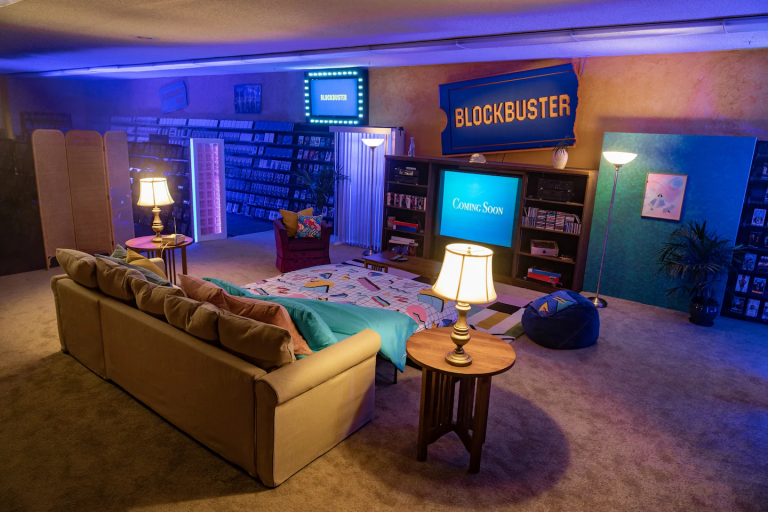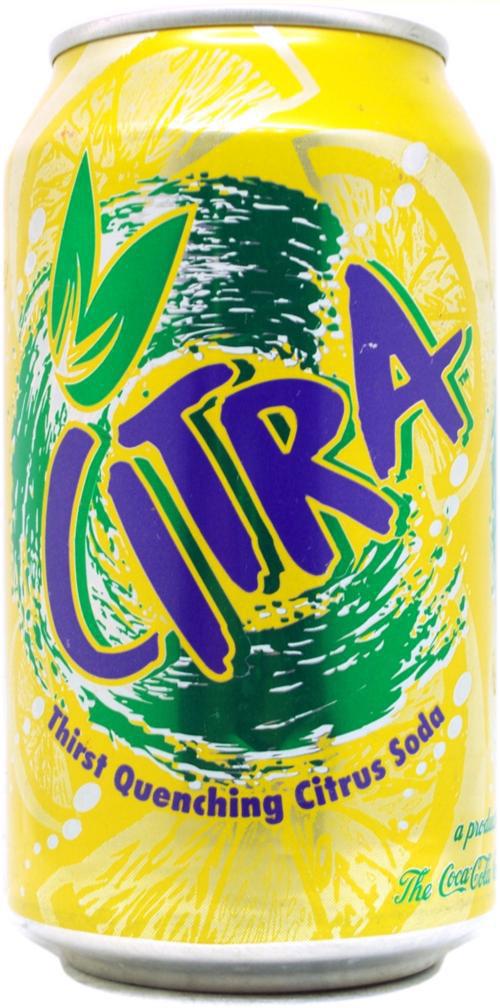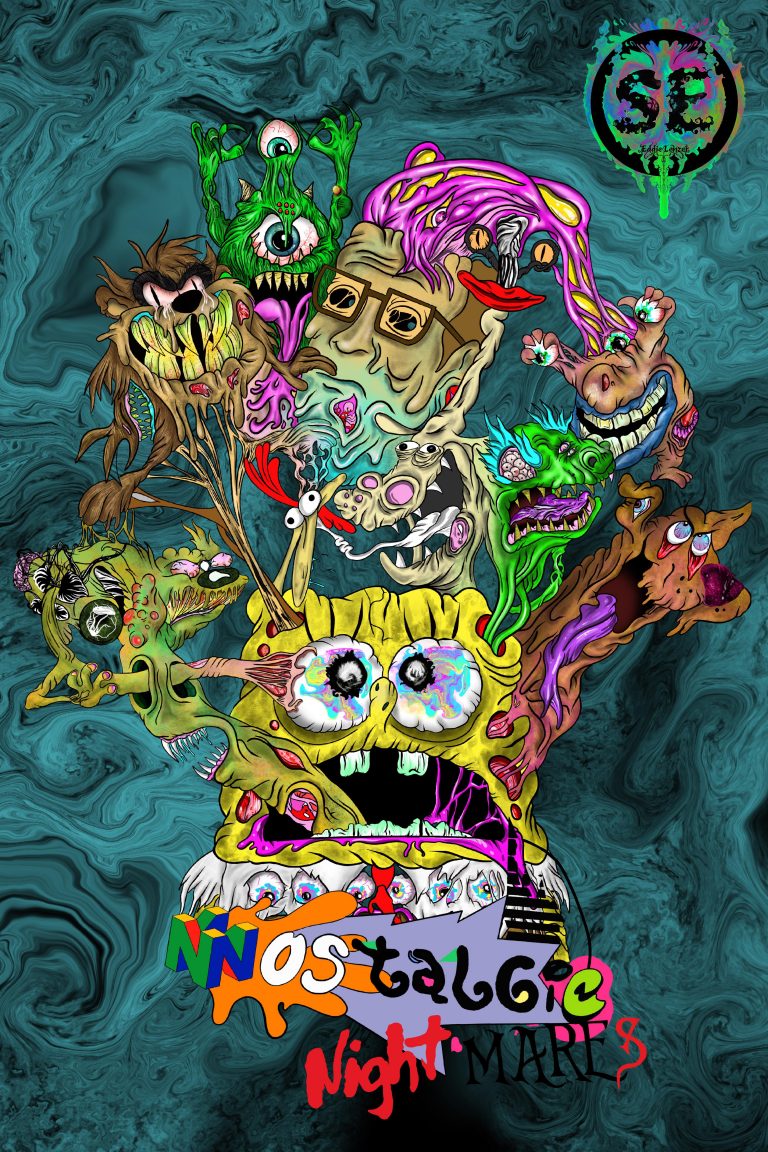
In the late 1990s, the world of music was forever changed by a revolutionary service called Napster. At its peak, Napster was a game-changer, offering music fans a new, exciting way to discover and share their favorite songs. But despite its success, it also sparked one of the most significant legal battles in tech history. Let’s take a closer look at how Napster became an iconic part of internet history and why it ultimately couldn’t last.
What Was Napster?
Napster was one of the first peer-to-peer (P2P) file-sharing services that allowed users to share and download digital music for free. Founded in 1999 by Shawn Fanning, John Fanning, and Sean Parker, Napster quickly gained popularity due to its user-friendly interface and the ability to download music without paying for it. Users could connect with others’ computers and share MP3 files directly, bypassing traditional methods of purchasing music.
At its height, Napster had tens of millions of users and gave rise to a generation of music lovers who were able to access a vast library of songs with a few clicks. The service was particularly popular with college students, who could share and download music on their dorm room computers.
The Impact on the Music Industry
Napster’s popularity shook the foundations of the music industry. Record companies and artists were caught off guard by the massive piracy problem the service created. Music that was previously only available through paid channels—such as CDs or cassette tapes—was now being shared freely, leading to significant losses in album sales.
While many users loved the idea of accessing music for free, the music industry saw it as a direct threat to their business model. Major record labels filed lawsuits against Napster, accusing the service of enabling copyright infringement on a massive scale. One of the most high-profile legal battles involved Metallica, who famously sued Napster after discovering that their music was being shared without permission.
The Legal Battle and Napster’s Shutdown
The lawsuits eventually caught up with Napster. In 2001, the company was ordered to stop allowing users to share copyrighted material. The legal pressure became too great, and in 2001, Napster shut down its service. The company was forced into bankruptcy, and the once-popular platform was no more.
However, the Napster story didn’t end there. In 2002, Napster was acquired by Roxio, which rebranded it as a legitimate, paid music service. This version of Napster still exists today, though it’s no longer the free, file-sharing platform it once was.
Legacy and Influence on the Music Industry
Though Napster’s free service was short-lived, its impact on the music industry remains significant. The platform sparked the growth of digital music services and paved the way for modern streaming platforms like Spotify, Apple Music, and Pandora. Napster helped push the industry toward embracing digital downloads and streaming as legitimate alternatives to physical media.
Moreover, Napster introduced the idea of music sharing on a global scale, something that had never been possible before the rise of the internet. The service also contributed to the evolution of digital copyright law, leading to stricter protections for artists and their work in the online space.









